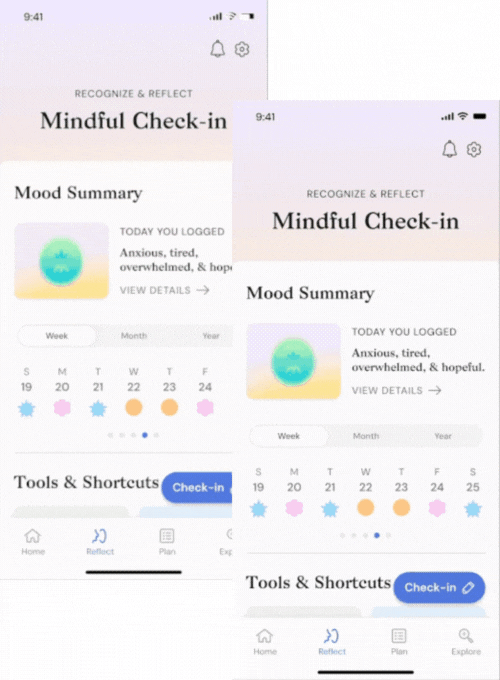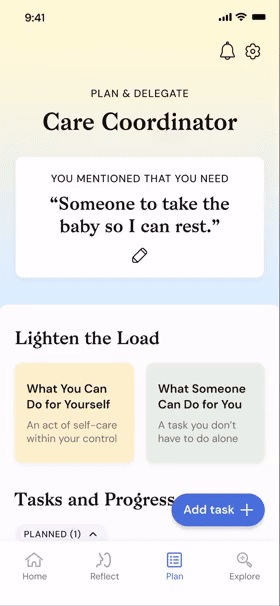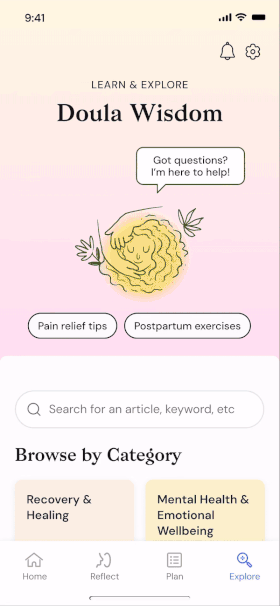Problem Space
Neurodivergence, encompassing conditions like ADHD and autism, affects over 8.7 million adults in the US. Due to the pandemic, there has been a rapid shift to remote work which is now embraced by over 33% of the workforce. In this shift, Slack has become a widely used workplace platform; however, our initial research indicates Slack does not address the diverse needs and challenges of neurodivergent individuals, preventing a supportive and productive environment for all users.
Postpartum mothers in marginalized communities face serious wellness challenges, but existing systems fail to provide comprehensive and culturally connected care. Around 1 in 7 women experience postpartum depression (PPD), with low-income mothers facing higher risks due to financial strain, limited healthcare access, and inadequate social support. Facing systematic healthcare barriers and gaps in continuity of care, postpartum mothers from low socioeconomic (SES) backgrounds are significantly vulnerable.
To bridge this gap, there is a need for a thoughtfully designed intervention that prioritizes the needs of low SES postpartum mothers.
Research Question: How might we better support the wellness needs of postpartum mothers in socioeconomically vulnerable groups?









.png)







.png)






